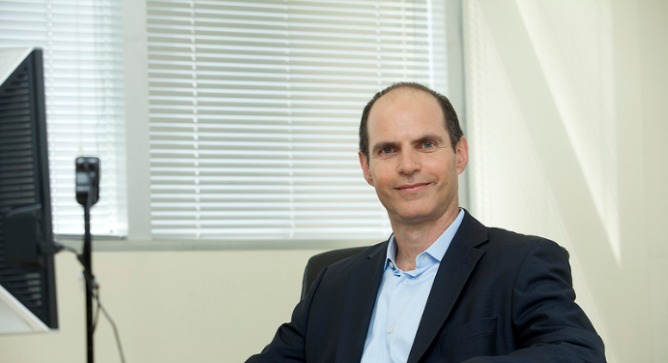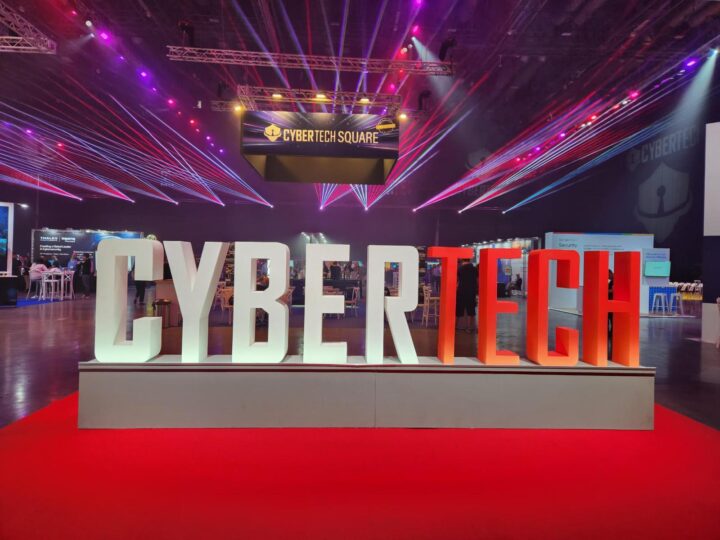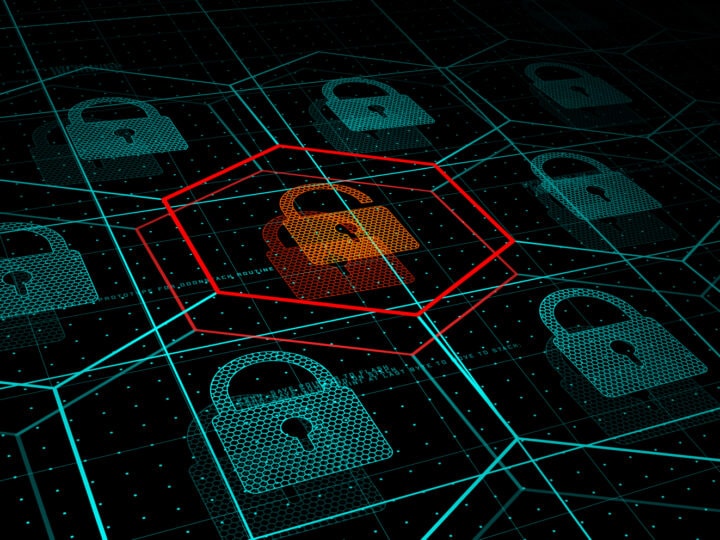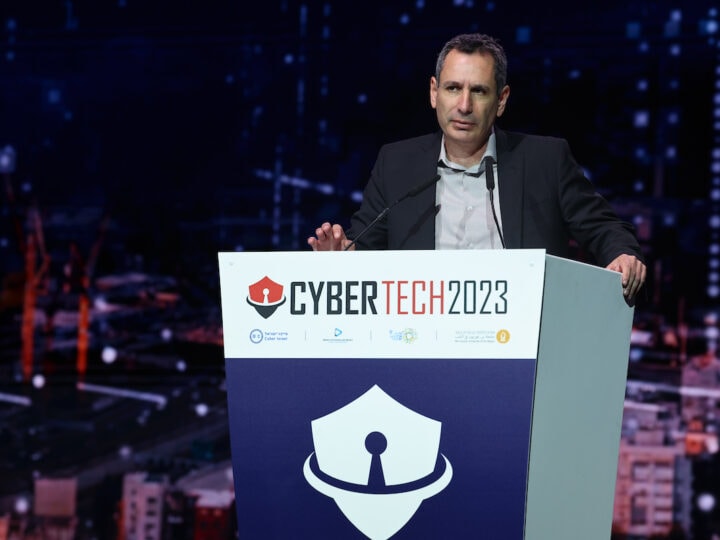Sony, the New York Times, Wells Fargo, the Bank of America and government webmasters across the world have found out the hard way that no computer network is immune to savvy hackers seeking to steal information and identities, compromise security or paralyze business.
As the global threat of cyber-attacks grows exponentially, so do companies that develop software to fight them off. Some of the world’s oldest and best-trusted players are headquartered in Israel (beginning with Check Point Technologies, founded in 1993), or have R&D operations here.
Spread the Word
• Email this article to friends or colleagues
• Share this article on Facebook or Twitter
• Write about and link to this article on your blog
• Local relevancy? Send this article to your local press
“Everybody understands that you buy Swiss watches from Switzerland and information security from Israel,” says Udi Mokady, CEO of CyberArk Software, Israel’s largest private cyber-security company since IBM’s recent acquisition of Israeli financial data security firm Trusteer. IBM now plans to open a cyber-security software lab in Israel.
Mokady notes that Israelis have had to innovate in both physical and cyber security in order to stay a step ahead of threats. “It’s a big part of our edge, and the customers know it,” says the CEO, who served in a military intelligence unit and holds degrees in law and management.
The term “cyber-attack” was not in everyone’s vocabulary in 1999, when Mokady co-founded CyberArk. Now it employs 300 people worldwide, half of them in the Petah Tikva R&D center that is hiring an additional 50 workers as the latest version of CyberArk’s security software suite rolled out last month. More than 40 percent of the Fortune 100 and 17 of the world’s 20 largest banks are counted among its 1,400 customers.
Until a couple years ago, Mokady tells ISRAEL21c, investment dollars have supported solutions directed at keeping infiltrators out. CyberArk instead developed award-winning software that “locks up” critical IT infrastructure, monitoring and recording everything done with data accessed by authorized (“privileged”) users on-premise, off-premise or in the cloud.

- CyberArk Israel’s Chen Bitan, right, with Israeli President Shimon Peres and Erel Margalit of JVP Venture Capital.
“Given the amount of sophisticated attacks out there, the border between insider and outsider has disappeared,” Mokady says. This has led to greater demand for “inside-out” solutions.
JVP Cyber Labs
“CyberArk was the first to recognize the significant vulnerability of privileged access accounts,” says Nimrod Kozlovsky of Jerusalem Venture Partners (JVP), one of the company’s main backers along with Goldman Sachs. “A large part of most attacks we see relate to abusing privileged accounts and exploiting them to gain access to sensitive resources.”
Kozlovsky is running JVP’s new Cyber Labs incubator, launched last May in collaboration with Ben-Gurion University of the Negev under the Office of the Israeli Chief Scientist.
As the largest investor in Israeli cyber security, JVP had been fielding dozens of requests for seed funding, and saw an opportunity to nurture the next wave of cyber security and big data companies to emerge from Israel.
“There is a common recognition now that existing products for cyber security are limited in scope,” Kozlovsky tells ISRAEL21c. “We see a paradigm shift in security systems from reacting after an attack is identified to proactive systems that can predict and prevent an attack.” GE already has signed on as an investor in one of the incubator’s early startups.
Formerly a captain in the military’s electronic warfare unit and co-founder of PLYmedia and Altal Security, Kozlovsky co-founded the information security and cyber security program at Tel Aviv University. The Yale-educated lawyer and computer scientist notes that Israel has some 20 years of experience in cyber warfare.
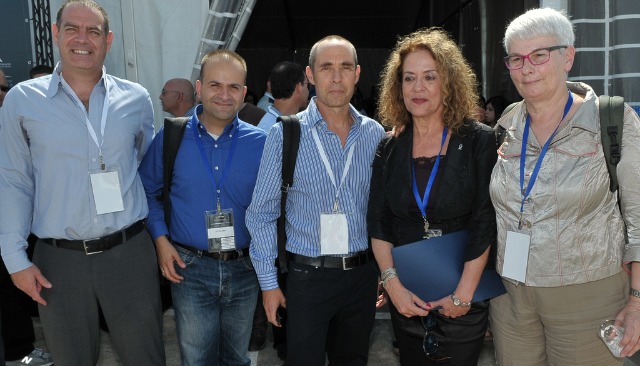
- At the launch of JVP Cyber Labs, from left, partners Nimrod Kozlovsky and Yoav Tzruya; JVP General Partner Gadi Tirosh; Dr. Rivka Carmi, president of Ben-Gurion University; and Orna Berry, VP and general manager of the EMC Center of Excellence in Israel.
“We have the expertise to understand cyber-attack vectors. We have a strong ecosystem of information security enterprises and a government willing to test new tools,” he says. “It’s a good time for cyber investment in Israel.”
Outsiders are insiders
There’s a good reason business is booming. Despite high-profile hack attacks, many systems aren’t properly protected.
Moscow-based cyber security firm Kaspersky Labs — which established an Israeli branch several months ago — discovered that only six percent of companies surveyed around the world understand the daily threat of malware attacks.
CyberArk found in its most recent annual survey that 80 percent of nearly 1,000 global executives and IT security professionals believe cyber-attacks pose a greater risk to their nation than physical attacks, and 51% believe a cyber-attacker is currently in their corporate network or has been in the past year.
Since barely a day passes without news of the latest battle in the cyber warfare front, new and established Israeli companies that deal with all the different aspects of the problem are well positioned to sell products.
When Israeli President Shimon Peres visited JVP last June, the venture capital firm chose CyberArk to represent the information security sector. Chen Bitan, CyberArk’s general manager for Europe, Middle East and Africa, gave Peres a locking book to symbolize the company’s approach to information protection.
Heading up CyberArk’s Boston-area corporate office, Mokady is often asked to speak locally about the “Startup Nation” phenomenon.
“Though we are no longer a startup, there is an Israeli agility and ‘never say never’ approach that was critical from day one, but is a very important element even today because we are facing a complex and ever-changing problem,” he says. “Cyber warfare is no longer a hacker sitting in his living room, but a sophisticated process financed by nation states.”




